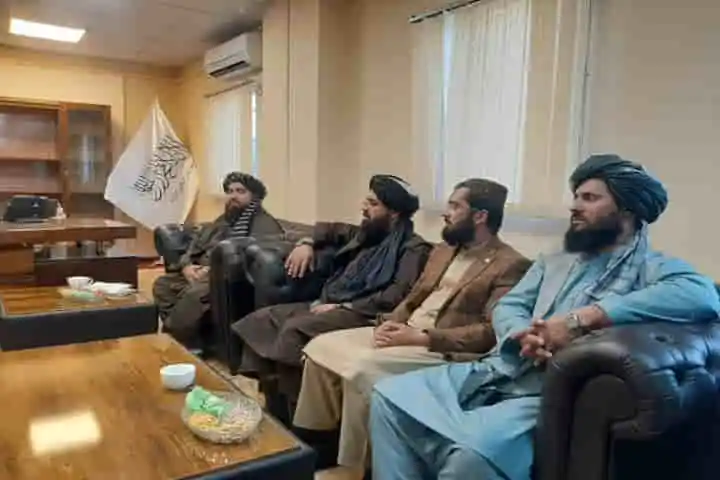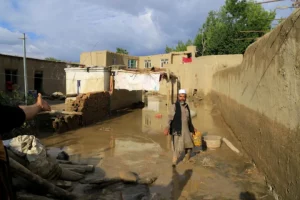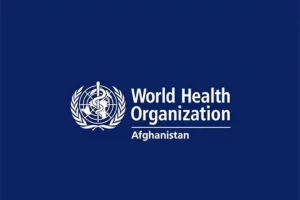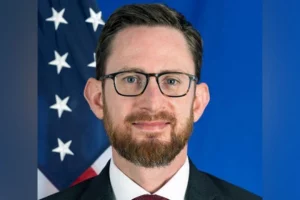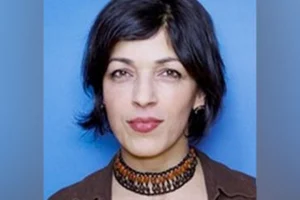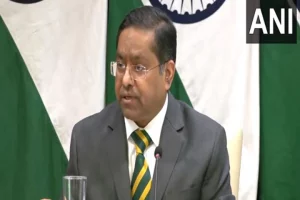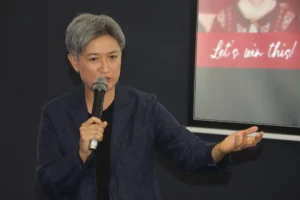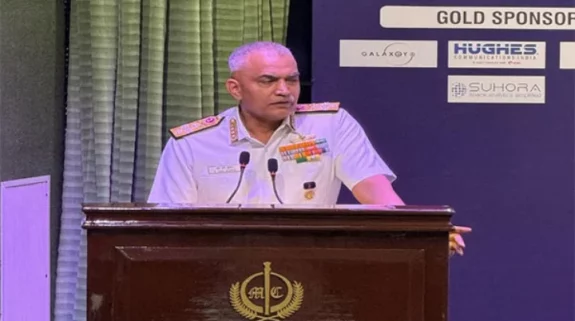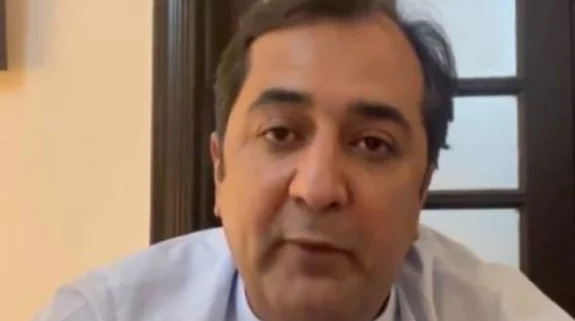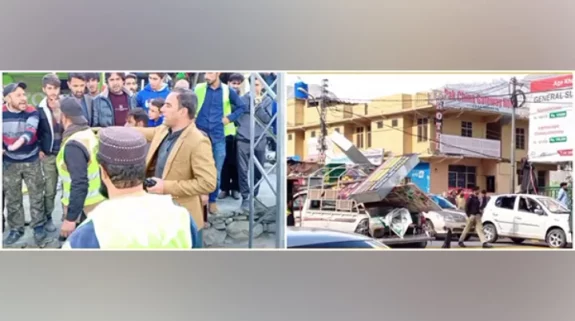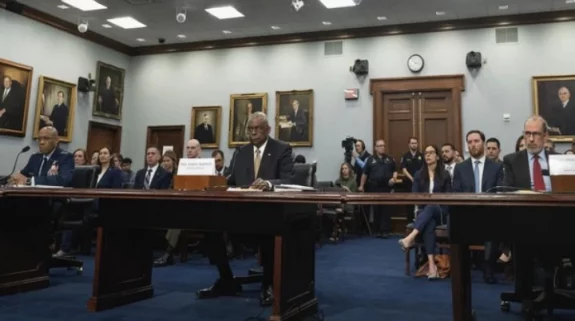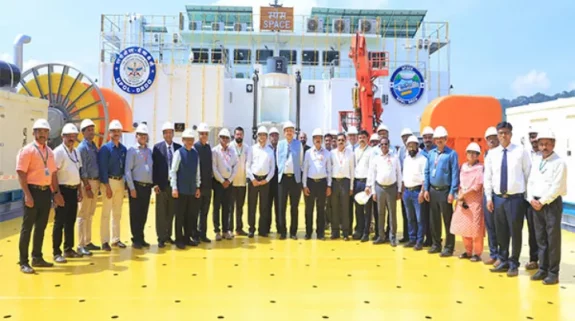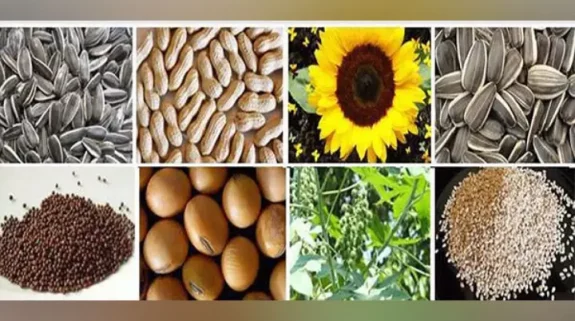A small Australian medical services consultancy has landed itself in the global media glare on Wednesday after the Taliban said that they are in contact with a firm Down Under for building a hashish processing plant in Afghanistan.
On Wednesday, Qari Saeed Khosty, the spokesperson of the Afghan Interior Ministry said in a series of Twitter posts that, “officials from the Ministry of Interior's Counter-Narcotics Department met with the representative of the Australian company Cpharm.
The company wants to build a cannabis processing plant in Afghanistan, which will create all cannabis products. By establishing this factory, Cpharm will use cannabis produced in Afghanistan to make spices and a kind of cream. The company needs 30 acres of land to cultivate cannabis, and it is set to invest $ 430 million in this sector.” The Taliban’s narcotic department is part of the interior ministry headed by the dreaded terrorist and chief of Haqqani Network, Sirajuddin Haqqani, who controls the billion-dollar illegal opium trade.
کمپنی(Cpharm) می خواهد در افغانستان کارخانه پروسس چرس بسازد
روزگذشته، مسوولین معینیت مبارزه با مواد مخدر وزارت امورداخله با نماینده کمپنی(Cpharm) دیدار نمود.
کمپنی یاد شده می خواهد یک کارخانه پروسس چرس در افغانستان بسازد که با ایجاد این کمپنی، تمام تولیدات چرس
(۳/۱) pic.twitter.com/092Y25fVeg— Qari Saeed Khosty (@SaeedKhosty) November 24, 2021
The story hit the headlines as “Taliban’s first International deal – selling cannabis to Australia” and since then Cpharm, a small company based in Maitland, NSW, has been inundated with requests for comment. The company finally was forced to clarify it had nothing to do with the Taliban, or the apparent deal.
“We have nothing to do with the Taliban or with cannabis. And we have no idea where this has come from,” reports Al Arabiya quoting the chief financial officer of Cpharm, Tony Gabites as saying.
“It's just out of control and it's just all lies, media guys … not doing any due diligence on what they want to publish,” he said adding that the company is a family business with 17 employees and provides medical advice about pharmaceutical products and is not a manufacturer so would not take on a manufacturing contract in any case and it does not have $450 million. Many media outlets have removed the story.
The company says there may be another organisation with the same name in other parts of the world, but not in Australia. Australia has put the Taliban regime under the UN sanction list and has no representative in Kabul.
Interestingly, Cannabis is illegal in Afghanistan but has been cultivated for centuries, with the authorities typically turning a blind eye and pocketing large sums of money from its production. After seizing power, the Taliban had said that it will stamp out the profitable hashish and poppy industry that largely fuelled its takeover, and will stop farmers from growing these crops. But various UN reports say that nothing has changed under the Taliban.
According to recent reports, drug trade is part of the Taliban's illicit portfolio. “The primary sources of Taliban financing remain criminal activities, including drug trafficking and opium poppy production, extortion, kidnapping for ransom, mineral exploitation and revenues from tax collection in areas under Taliban control or influence."
The UN drug agency estimates that Afghanistan is responsible for around 80% of global opium and heroin supplies.
Also Read: Will Afghanistan become Asia’s first narco- state under Taliban rule?






